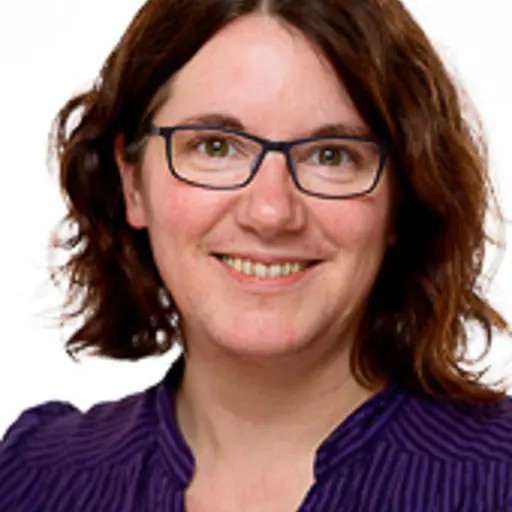

On October 30-31, international researchers, experts and industry representatives will gather at Chalmers University of Technology for the Materials for Tomorrow conference. The event will inspire participants and explore how artificial intelligence (AI) and machine learning can contribute to research in materials science.
Fang Liu, Professor at the Department of Industrial and Materials Science, is the project leader of the conference; she emphasizes the importance of integrating AI into materials science to accelerate research.
“Data driven science is called the fourth paradigm of science. AI techniques help uncover intricate patterns and complex relationships in data. AI has a broad range of applications in materials science. It is a stimulating opportunity to inspire more researchers, especially in materials science, to harness the full potential of AI,” says Fang Liu.
On October 30, the conference will start with an interactive workshop led by Leon Boschman, research engineer at the Chalmers e-commons platform.
- Participants will be provided with basic knowledge, concrete tools, examples, and insights that they can apply in their research. It is especially important for PhD students to broaden their horizons and learn about the latest development, Fang Liu explains.
Exciting presentations and collaboration opportunities
During the conference days, prominent researchers will share their latest research results and inspire participants with examples of how AI can be used to accelerate understanding and developing materials. In addition to new techniques and resources, it is about fostering networking and collaborations across different research areas.
“We look forward to welcoming researchers from different disciplines such as chemistry, physics, civil engineering, production, and manufacturing. It is important that materials scientists dare to test the technique - so here I see exchanges with researchers in computer science”, says Fang Liu.
The role of AI in materials science goes far beyond theory
On a day-to-day basis, Fang Liu and her research team study the hidden physical and chemical processes that drive various materials phenomena. They dig deep into the microstructure of energy and structural materials to uncover how it governs the material properties. Using artificial intelligence, they analyze large amounts of data and detect patterns that would otherwise remain hidden. Their goal is to deepen the understanding of materials, enhance their performance, and contribute to more sustainable resource use in our society.
“We are facing major societal challenges and need new materials to achieve our climate goals, among other things. AI gives us tools to accelerate the research and development of materials that can contribute to a sustainable society”.
Is there anything else you want to tell us before the conference?
“Come and be inspired at this year's conference! Participate in workshops, listen to lectures and try working with AI yourself. The conference welcomes all interested parties - researchers, PhD students, master students and industry representatives. Whether you are new to the field or already established, this year's Materials for Tomorrow is a place for inspiration and knowledge exchange,” concludes Fang Liu.
RELATED:
About Chalmers e-commons:
Within Chalmers e-commons, there is a group of research engineers specializing in AI, machine learning and data management. One of their tasks is to support Chalmers researchers in the use of Alvis, a national computing resource within the Swedish National Infrastructure for Computing, SNIC.
About Materials for Tomorrow:
Materials for Tomorrow is an annually recurring conference, first organized in 2010. It addresses the material challenges of the future in different ways. Themes and format vary from year to year. Regardless of theme, we always strive to make Materials for Tomorrow a relevant meeting arena for academia, industry and other societal actors, where the current research front is in focus. The conference is organized by Materials Science Area of Advance and sometimes in collaboration with other organizations with a joint interest in the theme. Read more.
- Professor, Materials and Manufacture, Industrial and Materials Science
- Head of Unit, Chemistry and Biochemistry, Chemistry and Chemical Engineering

